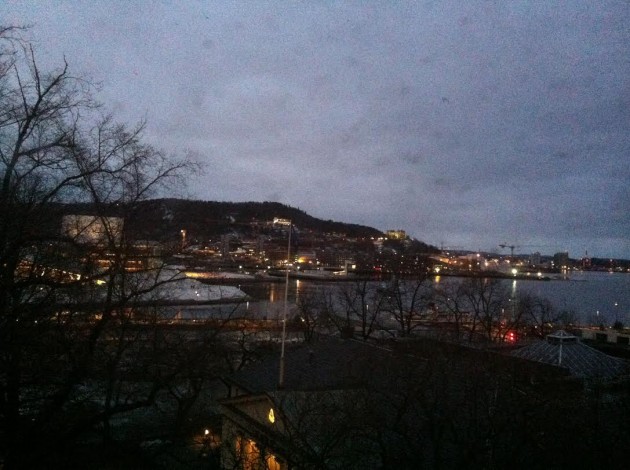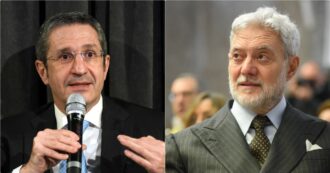Just one day left, at last.

And you’re right there now, standing at the window. Looking in on other peoples’ houses. On these average lives, two young men talking, in the square, these lives that will never be yours anymore now that you have Syria, inside you, and the night comes, behind the window, and then the dawn, a man on the corner has a sky blue scarf, and he waits, he has a scarf like yours and someone to share breakfast with, and he’ll still be alive after tonight – these lives that seem wonderful, now that tomorrow you’re moving to Iraq.
And it doesn’t matter that it’s not the first time. It doesn’t matter that you’ve stood at that window before – this is always the hardest moment. Here, looking at the map of a country you don’t know, and where you don’t know anybody, Baghdad, Basra, Fallujah, these names that are just names of battles, of flashes, of tracers watched on TV, just names of dead, sirens, blasts while you wait for a phone call that won’t arrive, and you know it, now, an email, a text message, whatever, but it won’t arrive, and since you’re just a freelancer, in the end, doing piece work, and they’re all here waiting for a dispatch from Mosul, from Raqqa, Aleppo, and here is yet, when they all vanish, here is when you have to get by by yourself, in the meantime: beforehand, and afterwards, everybody’s there, everybody in line asking for your piece, but in between, you’re alone, alone and utterly so, and especially now, with ISIS around, now that they think you an adventurer, or just an idiot, a kid who didn’t understand the danger, didn’t understand the world now that no matter what you say, you’re squeezed between these Islamists who’d gladly take your life, who don’t brook the slightest criticism, and Westerners who blame you for justifying them, and don’t brook any criticism, and – and you’d rather your readers could see what you see, nothing else: and most of all, when you’re seeing it, because now, yes, now the Islamic State is a force to be reckoned with, but we saw the first foreign fighters when they were still just a handful of militants, when everything still could have been stopped: and when everything started up, in Syria, the rallies, the peaceful rallies, and Assad’s response, the live ammo, the mortars, the tanks, we saw them back when everything still could have been changed, these 230,000 dead: we saw them one by one: at time when they could still have been saved.
By the way, in the end I didn’t choose Iraq because of the jihadists. The Middle East isn’t only jihadists, and not even jihadists are only jihadists. I chose Iraq because Patrick Cockburn, in one of his books, writes of Penjwin. A small town that during the war against Iran was completely loaded with landmines: and its residents were so hungry, under Western sanctions, those of the 500,000 dead children, you remember?, those that Madeleine Albright said: It’s a price to pay, in Penjwin people were so hungry that they dug up mines to sell the aluminium. It was all they had. And Patrick Cockburn writes of the alleys of Penjwin, of these men missing an arm, a leg. That’s why I chose Iraq. Because if you were born the same year I was born, 1980, you know only war: because I cannot understand how you can live in such a country.
A country that whatever the problem is, in the world, somebody bombs Iraq.
And it’s a bit strange to go there from a place like Oslo. From this Norway that is Iraq’s opposite: two states both dependent on oil, but while one protects even its seals, the other is safe not even for humans – this Norway where they have everything, and it’s all so flawless, so nice and easy and calm that many commit suicide, while we hang on to life, in our barrel bomb nights, amidst shelling and snipers, cursing the days we didn’t love enough, didn’t want enough, while life brims over inside us: and instead we can only look in on other peoples’ houses.
Only wait for the dawn. And another day, another night.
Only count the time.
And yet this is the only place I could leave from. This Norway where people have a strong identity, a strong sense of community, but also an extraordinary openness to the world – a strong sense of themselves, together with a boundless generosity and compassion for others. Because the hellish places where nobody else goes to deliver humanitarian aid, to negotiate, that’s where Norwegians head: with this Jan Egeland, who was the UN Deputy Secretary-General under Kofi Annan, and now leads the main NGO, here, the Norwegian Refugee Council: and you tell a lot by his shoes: he’s the only diplomat who doesn’t wear black, polished shoes, the kind used to walking only on carpets, but old, worn shoes. The shoes of those who stay in the veins of the world. And because I don’t really believe that writing can change things. But “the city that they speak of,” Italo Calvino said, “has much of what is needed to exist, whereas the city that exists on its site, exists less”: that’s why, in the end, I chose for journalism: because things exist only once they are told. Only once they exist, the Jan Egelands can step in. And yet, only if your writing comes in time.
Not because you are an adventurer. Not because you don’t understand how the world is. But exactly because you see another way it might be.
Francesca’s new book, Syrian Dust, will be released in the US in September by Seven Stories Press
Articolo Precedente
Palazzi del governo, 30 milioni per gli affitti. Cartoline dagli sprechi di Stato – Gallery

Articolo Successivo
Ninive, Isis distrugge statue e bassorilievi dell’antica città assira in Iraq – Foto





